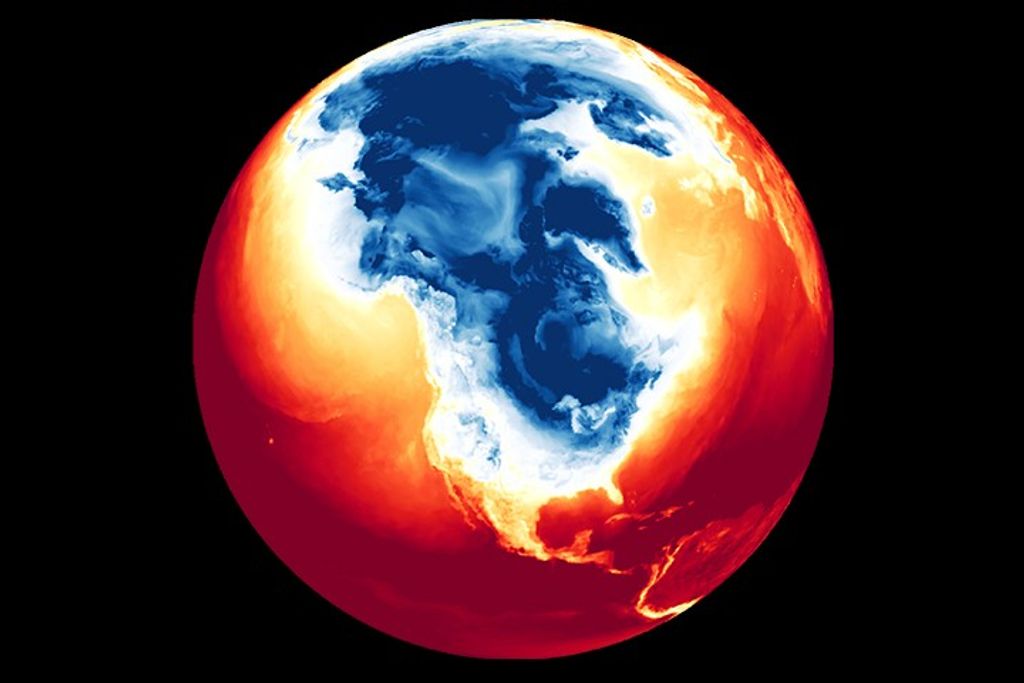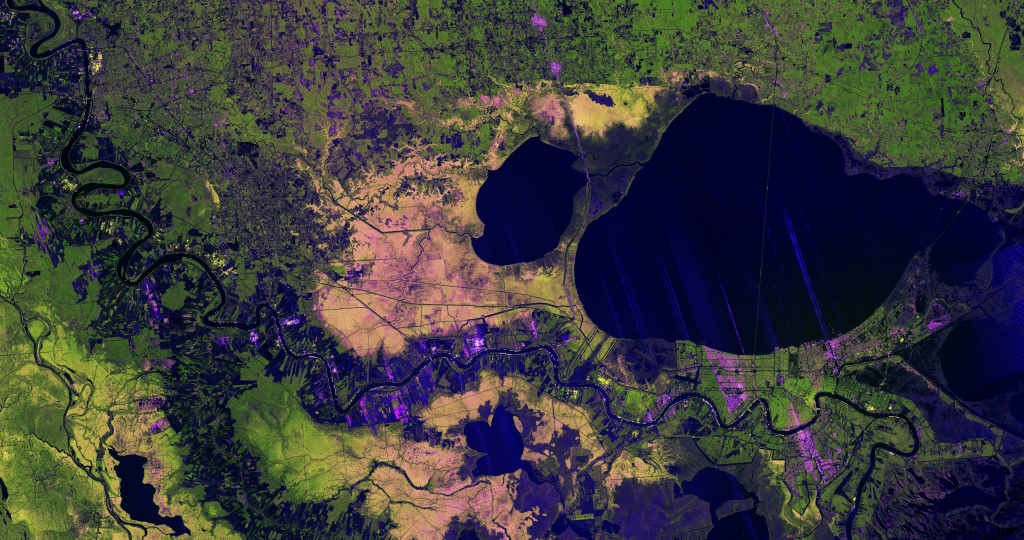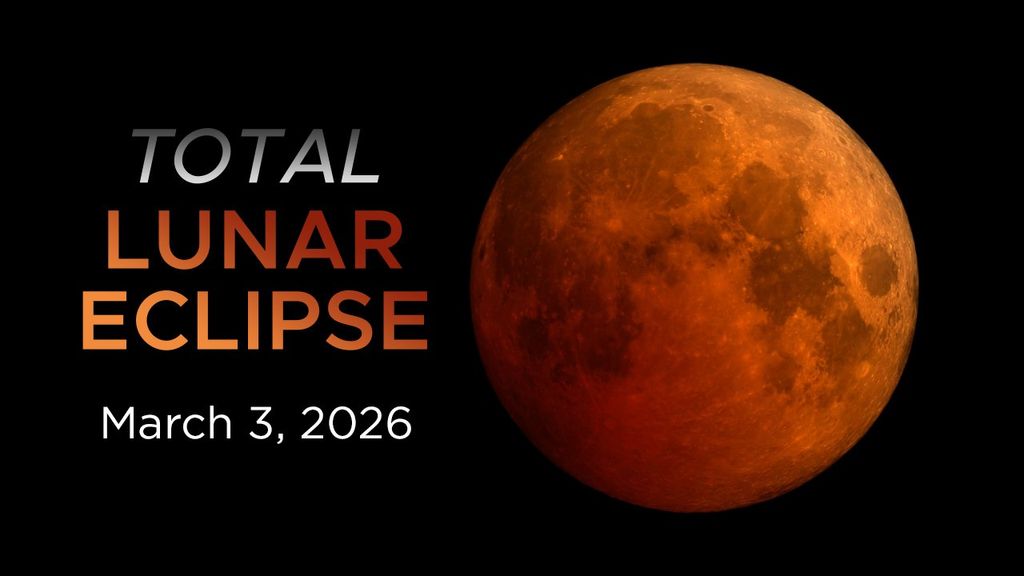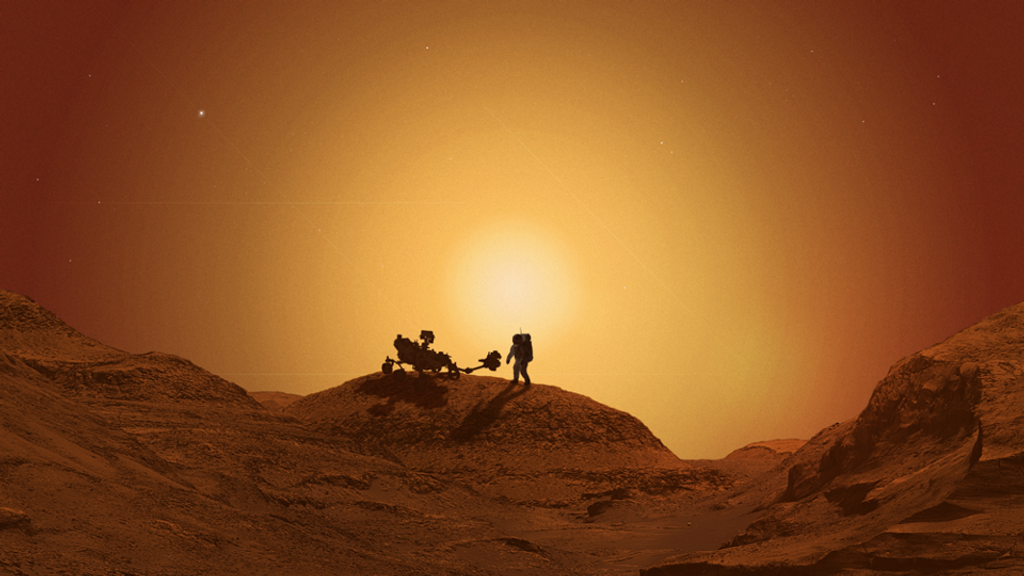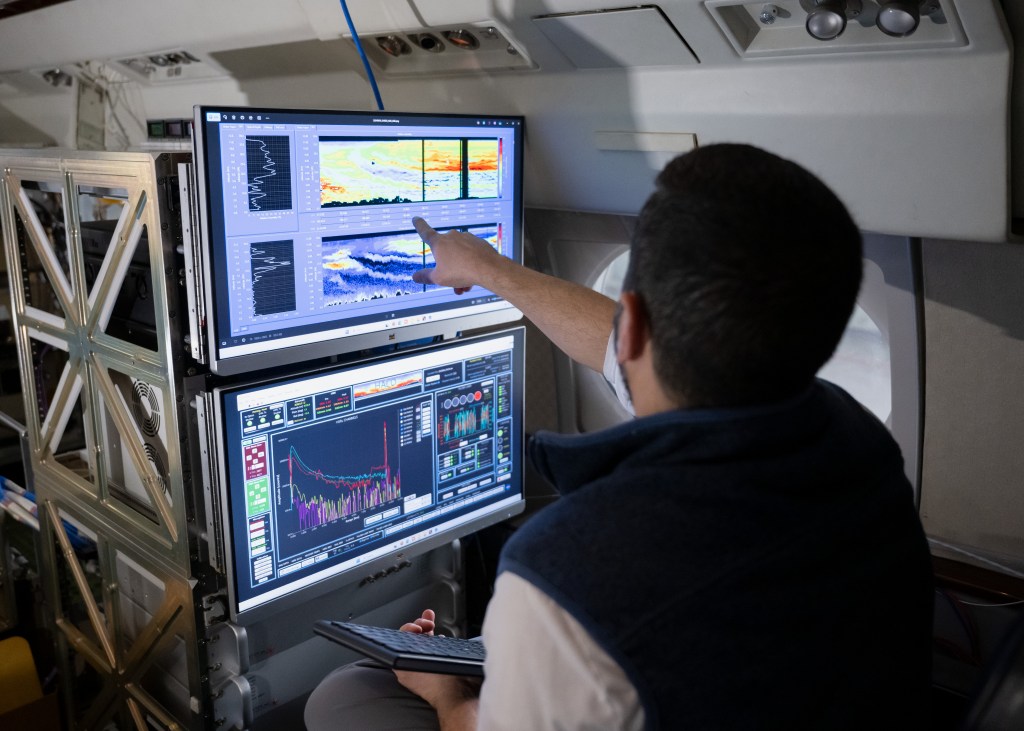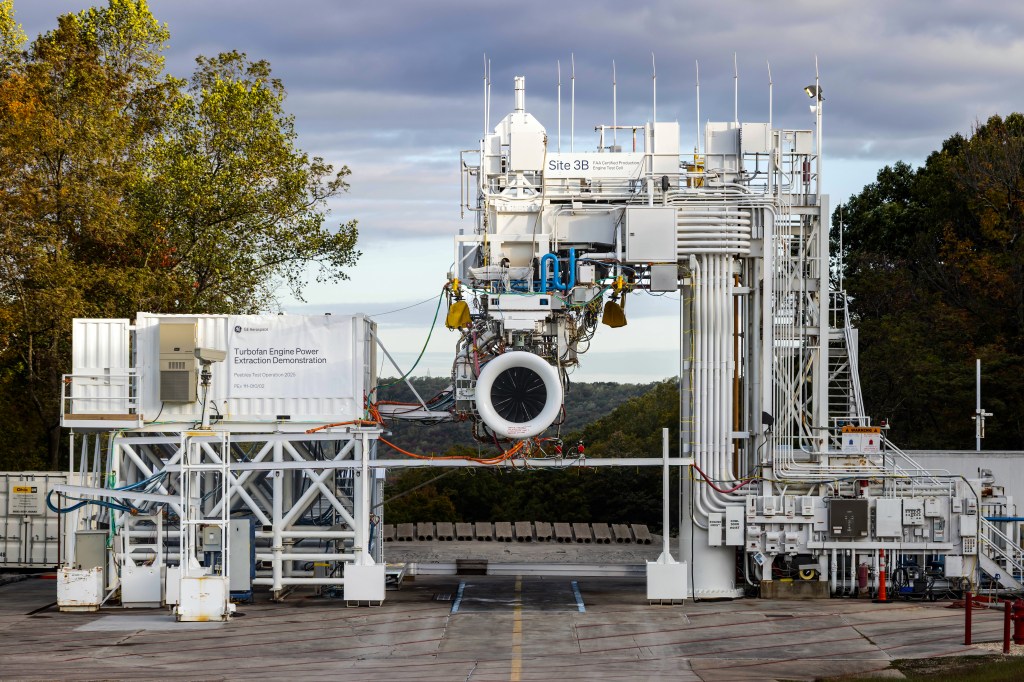Sun Stories
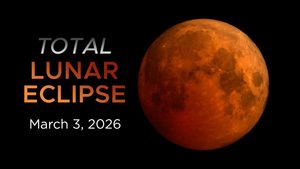
A total lunar eclipse will redden the Moon on March 3, 2026. Here’s what you need to know.
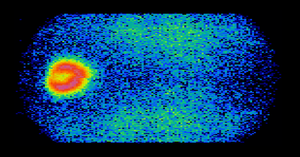
All 10 instruments aboard NASA’s newly launched IMAP (Interstellar Mapping and Acceleration Probe) mission have successfully recorded their first measurements in space. With these “first light” observations, the spacecraft is now collecting preliminary science data as it journeys to its…
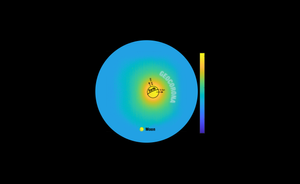
NASA’s Carruthers Geocorona Observatory has captured its first images from space, revealing rare views of Earth and the Moon in ultraviolet light. Taken on Nov. 17 — still months before the mission’s science phase begins — these “first light” images…
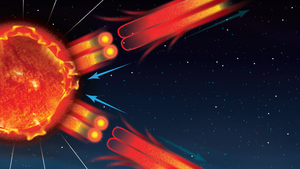
Images captured by NASA’s Parker Solar Probe as the spacecraft made its record-breaking closest approach to the Sun in December 2024 have now revealed new details about how solar magnetic fields responsible for space weather escape from the Sun —…

This article shows educators how comets help us learn about the Sun and Space Weather. Connected to educational resources that help K-12+ teachers explain solar wind and space science concepts in simple, engaging ways for students.
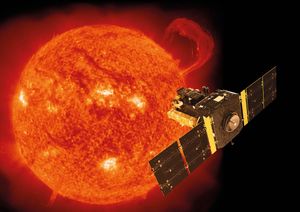
As ESA (European Space Agency) and NASA’s SOHO (Solar and Heliospheric Observatory) turns 30 on Tuesday, a lot has changed in how we understand our Sun and the space weather it creates since the mission’s launch. When the SOHO mission began on Dec.…

This article was updated to include the full range of dates from the SOHO image. Lee esta historia en español aquí. NASA is in the midst of an unprecedented solar system-wide observation campaign, turning its spacecraft and space telescopes to…
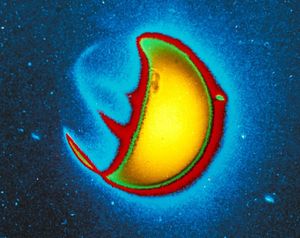
This story is also available in Spanish. A new NASA mission will capture images of Earth’s invisible “halo,” the faint light given off by our planet’s outermost atmospheric layer, the exosphere, as it morphs and changes in response to the…
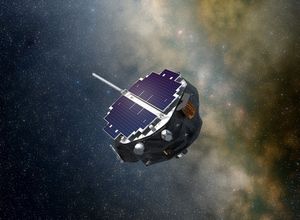
Summary Space is a dangerous place — one that NASA continues to explore for the benefit of all. It’s filled with radiation and high-energy particles that can damage DNA and circuit boards alike. Yet life endures in our solar system…

Soon, there will be three new ways to study the Sun’s influence across the solar system with the launch of a trio of NASA and National Oceanic and Atmospheric Administration (NOAA) spacecraft. Expected to launch no earlier than Tuesday, Sept.…


